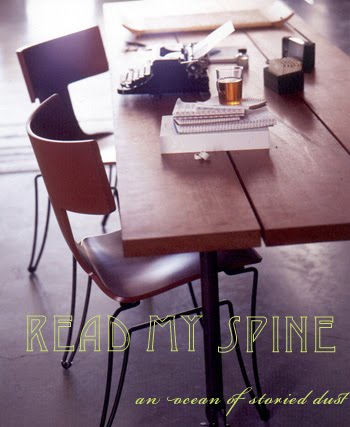“Paul Bowles opened the world of Hip. He let in the murder, the drugs, the incest, the death of the Square ...the call of the orgy, the end of civilization.”
-- Norman Mailer (taken from the NY Times)

A whiter shade of pale: Paul Bowles in Tangier (taken from the NY Times)
Paul Bowles has been dead ten soaring years.
T.S. Eliot famously quipped in The Waste Land, "this is the way the world ends: not with a bang but a whimper." In The Sheltering Sky, we come to know this "whimper" very well -- it scores the sun-beaten earth, it interlaces itself in the brothel sighs of an opium den, it haunts the peripheries of urban areas, skulking like a mad hyena out of the Sahara. It is much less the definitive clamor of the end of days, and rather the soundless breaking-in of the will that occurs daily, minutely, in the fundamental baseness of the novel's human description.
Yet the hollowing, incisive voice that starkly illuminates the pages of The Sheltering Sky
persists, in my mind, as the greatest in modern literature, yet to be succeeded.
This summer marks an eerie double anniversary -- Paul Bowles is ten years dead, and The Sheltering Sky sixty years old. Published in 1949, the novel devolves from a married couple, Kit and Port Moresby, who drift languorously throughout North Africa roughly after the end of WWII, stalling long enough to let the Saharan dust collect under their nails and acquaint themselves with the unreal characters that emerge from the ruthless topography. The couple are loners, travelers, victims on a journey that escalates far beyond the limits of their control or expectations.
Compounded into the sparse, yet evocative prose style of the novel are ribbons of psychological analysis, cultural observation, and pure poetry. Bowles uses this austere, yet luxurious vision much as a doctor grips his scalpel, to penetrate deep beyond the moral recesses of his personae and unsheathe the mysteries that lurk underneath: the inconsolable, universal existentialism intrinsic to what may be called the human condition. An endless, limitless darkness exists beyond the blazing blue of the author's "sheltering sky," as echoed in the following passage:
"A black star appears, a point of darkness in the night sky's clarity. Point of darkness and gateway to repose. Reach out, pierce the fine fabric of the sheltering sky, take repose."


No comments:
Post a Comment